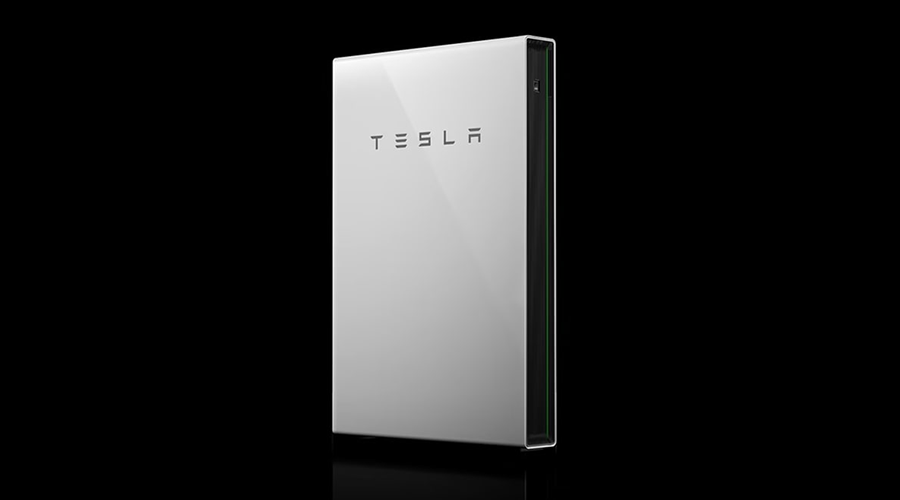In September 2025, Tesla has initiated a recall of certain Powerwall 2 home battery systems in Australia after reports of overheating and small fires tied to the lithium-ion cells used in the units. The notice was posted by the Australian Competition and Consumer Commission (ACCC), which oversees consumer product safety.
Scope of the Recall
The action applies to Powerwall 2 units sold in Australia between November 2020 and June 2022, according to the ACCC.
Tesla Motors Australia distributed the products nationwide.
Neither Tesla nor regulators have disclosed how many batteries are affected.
$TSLA recalling (replacing) Powerwall 2 units made from 2020 to 2022
— Stonk King ((((🌕)))) (@StonkKing4) September 16, 2025
🔥 Powerwall units can overheat and erupt in flames, which Tesla says results in 'minor property damage' (like burning down your house while you're sleeping) pic.twitter.com/ClwtHB1ea9
Safety Concerns and Reported Incidents
Some owners reported smoke, excessive heat, or fire coming from Powerwall 2 units.
Officials say the incidents caused only minor property damage and no injuries have been reported.
🚨 🔥 TESLA $TSLA Powerwall 2 recall expected to cost the company $3.85 BILLION to replace 250,000 units from 2020 to 2022. The largest recall in company history.
— Roger (@rdd147) September 16, 2025
Tesla’s Response and Next Steps
Tesla has already used remote software commands to discharge many of the affected batteries to a low state of charge, reducing the risk of further overheating.
The company says it will coordinate free replacements for impacted systems and will address lost energy-savings claims on a case-by-case basis.
Customers who have received recall notifications in the Tesla app are advised to follow the instructions and await contact from Tesla or a certified installer.
What Owners Should Do
Check the Tesla app to see if your Powerwall 2 is part of the recall.
If it hasn’t yet been discharged remotely, Tesla plans to do so to lower immediate risk.
Tesla or its service partners will arrange removal and replacement of defective units at no cost.
Other Models and Markets
The recall applies only to Powerwall 2. Tesla’s newer Powerwall 3 has not been flagged.
At this time, the recall is limited to Australia; there is no confirmed expansion to other countries
Background
Powerwall systems store solar or off-peak electricity for later use and can also participate in virtual power plant programs. The technology has become popular in Australia, one of Tesla’s largest residential energy markets.
This recall highlights the safety challenges of large-scale lithium-ion storage in homes, as even well-known manufacturers must manage potential defects across thousands of installations.


Share:
Tesla Cybertruck HEPA Cabin Air Filter Replacement Guide: Keep Your Air Clean and Fresh
Elon Musk Says Self-Sustaining Mars Settlement Could Be Realized Within 25-30 Years